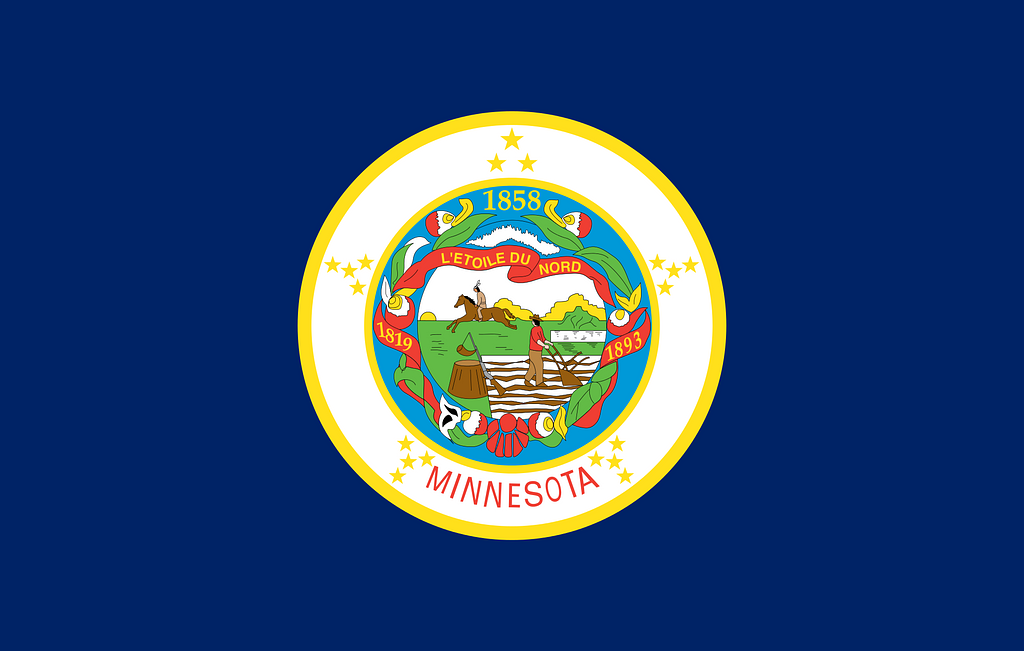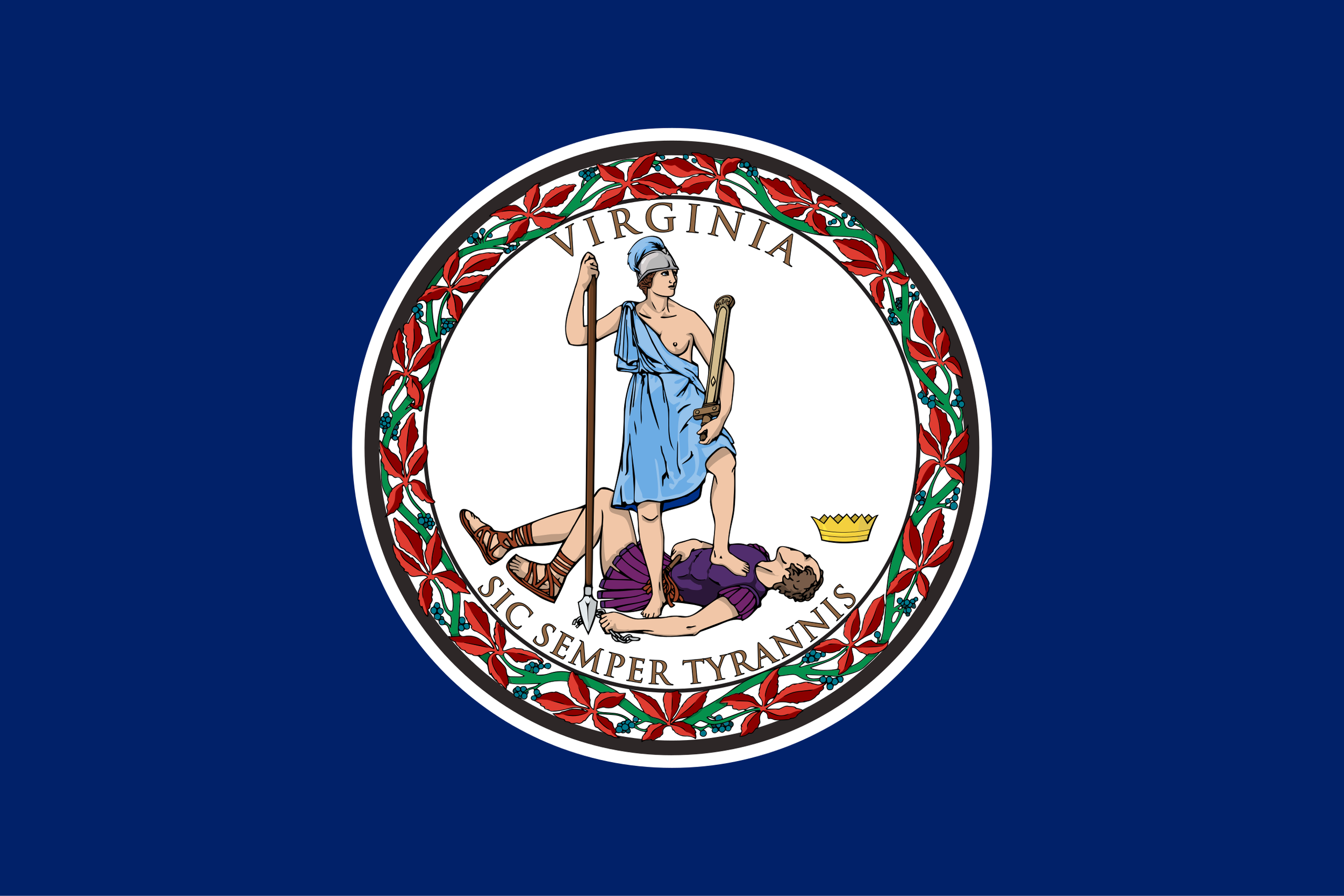
Critical CPA licensure changes explained by industry leaders
Join industry leaders representing 70% of U.S. CPAs as they discuss significant changes to CPA licensure requirements, including the elimination of the 150-hour rule. Live webinar March 4 or available on-demand.

The case for a New Revenue Service
A complete reinvention of the IRS using modern technology and fresh talent could transform tax administration and create a more efficient system for all.

Minnesota bill seeks to streamline CPA licensure and end 150-hour rule
The Minnesota CPA Society’s newly introduced bill offers alternative CPA pathways—bachelor’s plus two years of work experience or master’s plus one—while preserving the 150-hour route. A House companion bill is expected soon.

Breaking down Virginia's new CPA requirements: What you need to know
Virginia becomes the second state to offer alternative CPA licensing paths, allowing candidates to become a CPA with just a bachelor’s degree starting 2026.

The end of the PCAOB? Trump's SEC nominee signals potential regulatory shift
Trump's SEC chairman nominee proposes eliminating the PCAOB, potentially ending 20+ years of post-Enron audit oversight.

Why this former NFL player says being a CPA is "always interesting"
Former NFL tight end Richie Brockel successfully transitioned from professional football to becoming a CPA.

Use artificial intelligence to validate your pricing decisions
Use AI tools like Perplexity Pro to validate your service pricing decisions and scope of work.

How this solo CPA earns $200k working just 15 hours per week
Discover how solo CPA Erica Goode built a $200k+ practice working just 15 hours weekly.

7 Key trends shaping accounting firms in 2025
New survey reveals accounting firms' 2025 outlook: 69% expect revenue growth, remote work policies tighten, and tech spending rises while AI adoption remains low.

What the White House's federal buyout means for IRS operations and taxpayers
White House offers IRS employees 7-8 months' pay to resign by Feb 6. Combined with hiring freeze and attrition, expect longer wait times and slower processing in 2025.